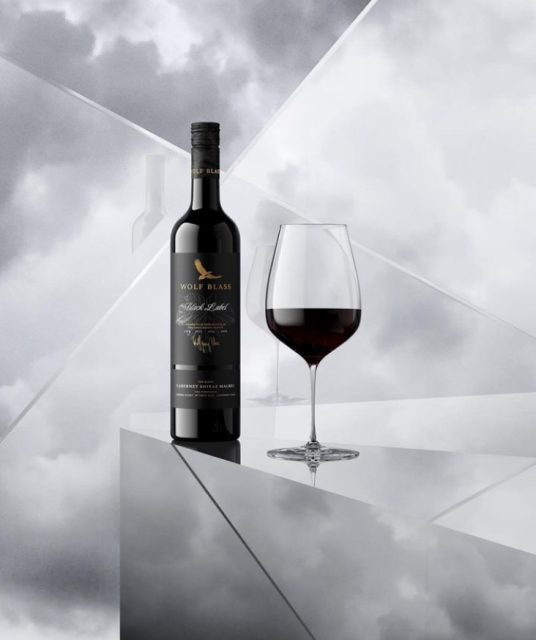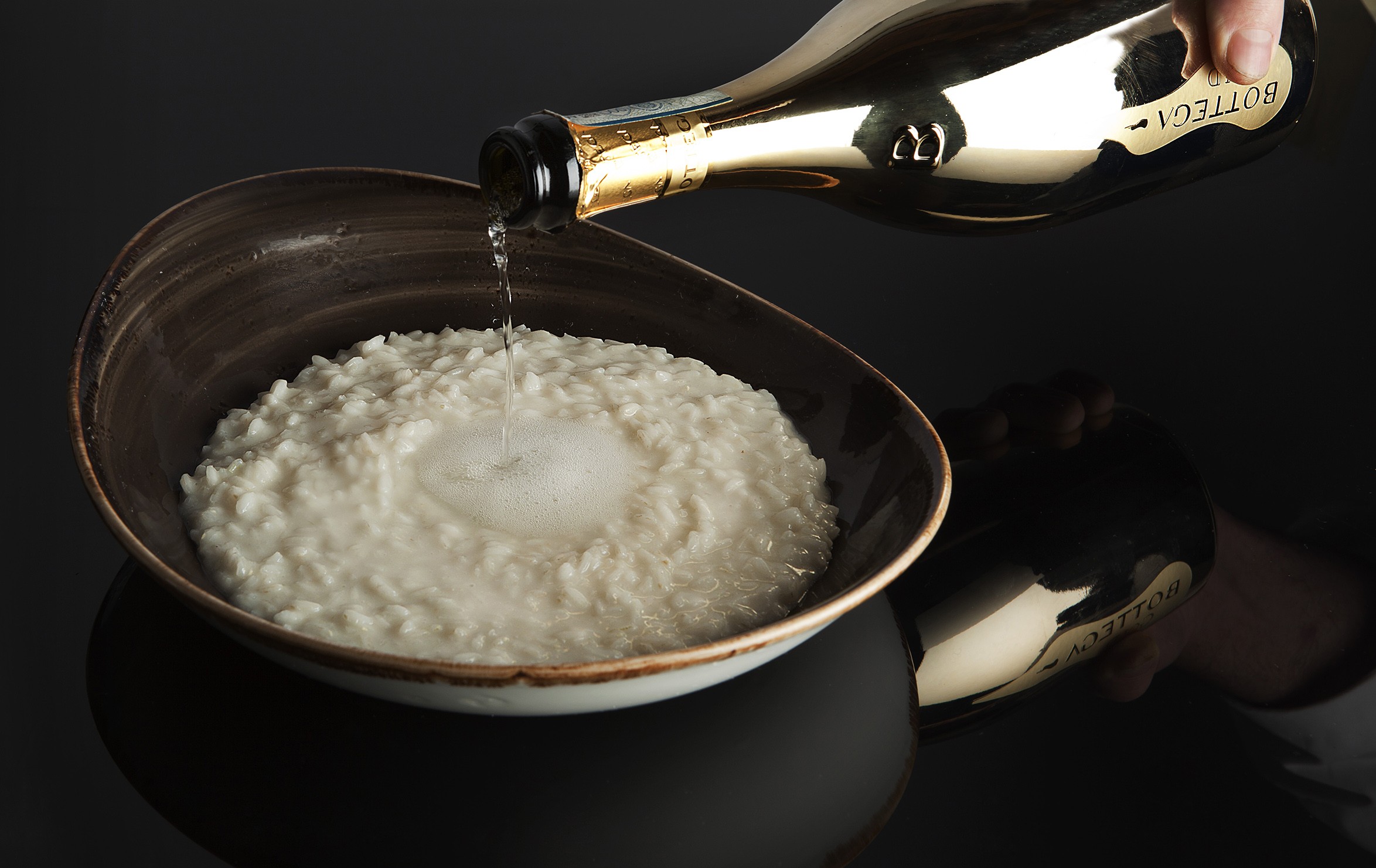Taylors eyes TWE commodity wine acquisition
The family-run Taylors Wines has confirmed it is considering buying Treasury Wine Estates’ commercial wine division, reports Ron Emler.

Taylors Wines managing director Mitchell Taylor said in an interview last week: “We’ve got to do some due diligence on these things. We’re certainly having a good look at them.”
As part of the efforts to reshape Australia’s largest producer, TWE’s chief executive Tim Ford announced in August that it was looking to sell brands such Wolf Blass, Yellowglen and Lindeman’s, which are part of TWE’s Premium Brands division.
Other labels within the portfolio, including 19 Crimes, Pepperjack, Seppelt and Squealing Pig, will be retained.
TWE said that in the year to July, the contribution of the commercial brands it is looking to sell represented less than 5% of the company’s gross profit.
The Taylor family’s business based in South Australia’s Clare Valley was founded in the late 1950s when it joined Clare Valley Co-operative to bottle and distribute their own wines under the Chateau Clare label.
Since then the business has sought to produce high quality wines and was a founding member of the group Australia’s First Families of Wines.
The news that it is considering an offer for the Treasury labels begs the question of why a producer of premium wines would wish to own brands selling at the commodity end of the market.
On the cheap
The speculation is that Taylor’s could pick up well-known international brands on the cheap and seek to move them upmarket at improved margins.
Partner Content
It has been estimated that AU$600 million (£310 million) has been wiped from the value of Australia’s wineries in the aftermath of the Covid crisis and China’s punitive tariff barriers.
One calculation is that in the reorganisation of the industry Treasury might realise only AU$100 million for the brands it wants to sell as the numbers of buyers is limited.
Treasury’s shareholders will expect guidance at this week’s annual meeting on the group’s restructuring progress and the integration of Daou Vineyards, bought to “fill a key gap” in its Americas portfolio.
Treasury paid US$900 million for Daou just over a year ago.
Investors will also be eager for information about the group’s re-entry to the China market, which was its largest overseas pre-covid.
Treasury has repeatedly said that it would only gradually redevelop its interests in China but continuing doubts remain about demand.
In the three months following the lifting of the tariffs, more than $340 million worth of bottled Australian wine was exported to China, but in July only $38 million was sold.
The question is whether Chinese consumers are taking bottles from the shelves now that the pipeline has been refilled.
Related news
Treasury Wine Estates plans leaner future amid US and China slowdown
Treasury Wine Estates hit by major US write-down
Treasury Wine Estates announces earnings boost and share buyback plan




